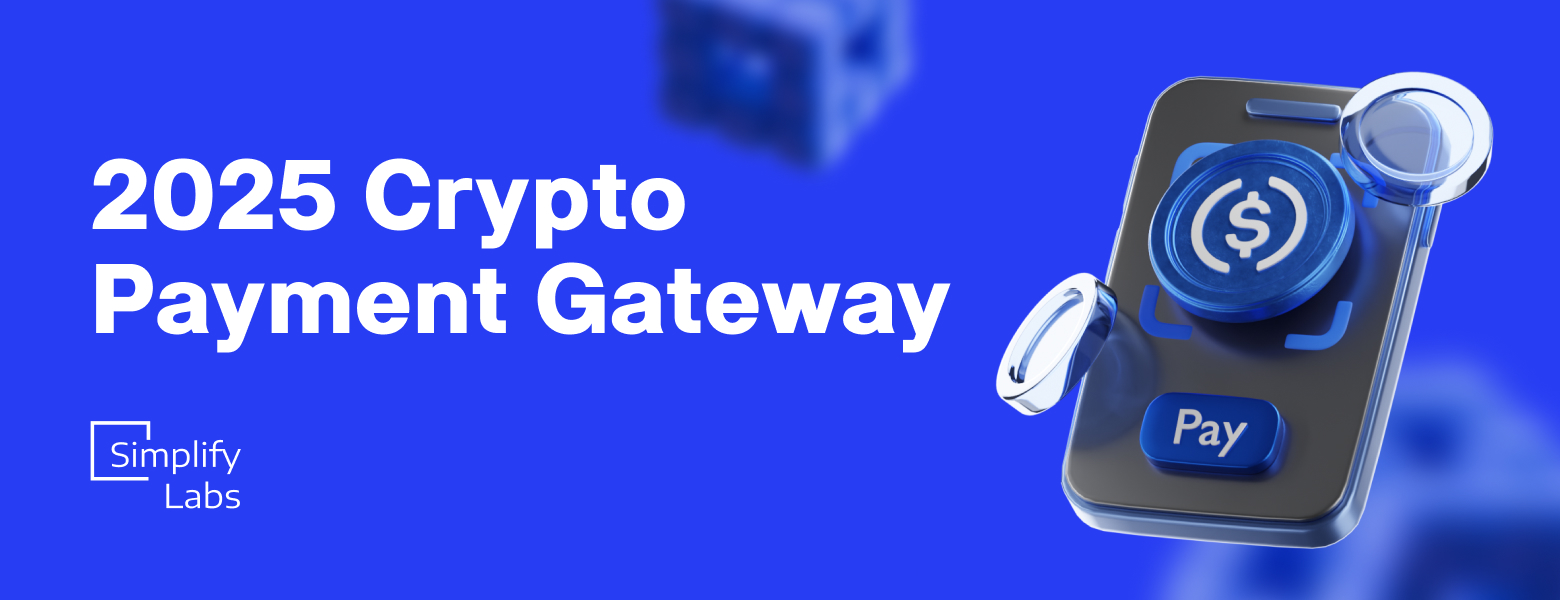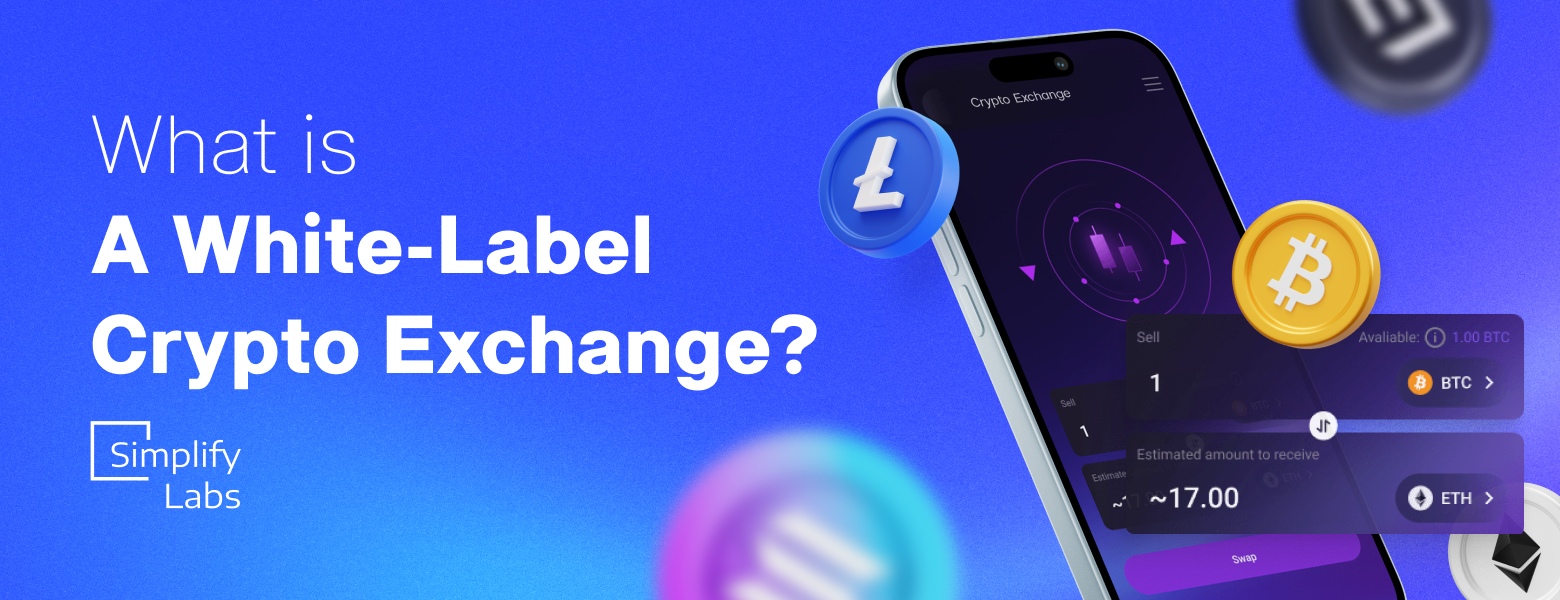The digital asset landscape is experiencing explosive growth, making the launch of a cryptocurrency exchange platform a highly lucrative business venture. However, building a secure, scalable, and high-performance platform from scratch is a complex and demanding project. This is where selecting the right cryptocurrency exchange platform development company becomes the single most critical decision for your future success.
A top-tier development team doesn’t just write code; it acts as a strategic partner, offering deep expertise in blockchain technologies, regulatory compliance, and market dynamics. This article will explore the core aspects of developing a crypto exchange, the different types of solutions available, and why partnering with an experienced company is essential to meet your requirements and navigate this rapidly evolving market.
What is a Crypto Exchange Platform?
A crypto exchange platform is a digital marketplace that allows users to buy, sell, and trade cryptocurrencies. At its core, it is a highly specialized piece of software that acts as an intermediary, facilitating transactions between buyers and sellers. These platforms must handle massive transaction volumes in real time, manage complex order books, and maintain bank-grade security to protect user funds and data.
Developing such a platform requires a multi-faceted approach, encompassing robust backend development, intuitive web development, and advanced mobile app development.
How to Develop a Crypto Exchange Platform?
The development process for a cryptocurrency exchange platform follows a structured lifecycle to ensure a high-quality final product.
1. Planning and Conceptualization
This initial phase is about defining your business model, target market, and regulatory strategy. This is where you refine your core requirements, define the feature set, and establish a clear timeline and budget. A skilled development team will work with you to solidify these plans.
2. Design and UI/UX
The user interface (UI) and user experience (UX) are crucial for adoption. The platform must be responsive and easy to use across desktop and mobile devices. This includes designing the trading interface, wallet dashboard, and customer support systems.
3. Core Software Development
This is where the actual coding happens. The development team focuses on backend development (the matching engine, ledger systems, APIs) and web development (the front-end trading terminal). Utilizing cutting edge technologies is non-negotiable for performance and stability.
4. Security Implementation and Testing
Security isn’t a feature; it’s the foundation. Rigorous penetration testing and auditing of all software modules are essential. A good company follows strict processes to ensure the platform is resistant to cyber threats.
5. Deployment and Launch
Once testing is complete, the platform is deployed to production servers. The development company provides ongoing support and monitoring to ensure smooth operation post-launch.
6. Post-Launch Maintenance and Support
The market constantly changes. Continuous support is necessary to implement updates, patch security issues, and add new features based on user feedback and evolving trends.
Types of Cryptocurrency Exchanges
The type of exchange you launch dictates the software architecture and regulatory requirements. An experienced cryptocurrency exchange platform development company offers tailored solutions for each type.
01. Centralized Cryptocurrency Exchange Development (CEX)
CEXs are the most common type, where a central company acts as a custodian for user funds. They offer high liquidity and fast trading. Developing a CEX involves building complex internal systems to manage wallets and transactions securely.
02. Decentralized Crypto Exchange Development (DEX)
DEXs allow users to trade directly from their own wallets without an intermediary. This requires expertise in smart contract development and integration with various blockchain protocols.
03. Hybrid Cryptocurrency Exchange Development
A hybrid model seeks to combine the benefits of CEX (liquidity, speed) and DEX (security, custody control), requiring advanced software architecture.
04. P2P Exchange Development
P2P (Peer-to-Peer) exchanges allow users to transact directly with each other, with the platform primarily serving as a matching and escrow service.
05. Derivative Exchange Development
These platforms offer trading for futures, options, and perpetual swaps, demanding highly scalable matching engines and advanced risk management modules.
06. NFT Exchange Development
Specialized platforms for trading Non-Fungible Tokens (NFTs) require integration with specific marketplaces and token standards, often involving complex web development for displaying digital art.
07. Security Token Exchange Development
Focused on Security Token Offerings (STOs), these exchanges must adhere to strict regulatory requirements and utilize blockchain technology to tokenize assets.
Essential Features of a Cryptocurrency Exchange Platform
A competitive platform needs more than just a trading interface. Key modules that a professional development company will integrate include:
| Feature Category | Core Features to Develop |
| Security and Compliance | KYC (Know Your Customer) and AML (Anti-Money Laundering), Two-Factor Authentication (2FA), GDPR adherence, Cold/Hot Wallet systems. |
| Core Trading Module | High-frequency matching engine, real-time market data feed, APIs for algorithmic trading (Arbitrage Bot Development, Grid Trading Bot Development). |
| User Management | Intuitive dashboard for viewing portfolios, transaction history, and detailed account settings. |
| Mobile & Web App Development | Cross platform compatibility with dedicated iOS and Android app development for on-the-go trading. |
| Liquidity & Finance | Fiat gateway integration, Crypto Payment Gateway Development, and hot wallet modules to automate withdrawals and deposits. |
| Customer Support | Dedicated support systems (live chat, ticketing) and extensive FAQs to promptly handle user issues. |
Cryptocurrency Wallet Development & Integration
The wallet is a fundamental module of any crypto exchange. The development team must provide robust solutions:
- Custodial Cryptocurrency Wallet Development & Integration: The exchange company manages the user’s private keys, offering ease of use but requiring the highest level of trust and security.
- Non-Custodial Cryptocurrency Wallet Development: Users retain control of their private keys. The platform integrates with these wallets using solutions like WalletConnect. This is essential for a truly decentralized or hybrid platform.
The choice of wallet dictates security architecture, which must be a primary consideration. For further information on securely handling digital assets, you can explore our previous blog-post on Decentralized Finance (DeFi) Security Protocols.
Why Choose Simplify Labs as Your Development Team?
Selecting a cryptocurrency exchange platform development company is an investment in your business future. Simplify Labs is a pioneer in blockchain software development, offering specialized, tailored solutions to enterprises globally, with a strong presence in the USA.
1. Unmatched Expertise and Development Team
Our team of developers and blockchain experts has a huge amount of experience developing highly scalable and secure financial platforms. We specialize in backend development for matching engines and robust security protocols. Our skilled team is ready to transform your idea into a powerful platform.
2. Cutting Edge Technologies and Innovative Solutions
We commit to using only the cutting edge technologies to ensure your exchange is fast, reliable, and future-proof. Our services advance beyond basic web development and app development, covering everything from Crypto Swap Protocols and Bridges to complex Derivative Exchange Development.
3. Transparency and Effective Communication
We understand that developing a complex software project requires clear and frequent updates. We maintain open, effective communication throughout all processes, from initial inquiries to final deployment, ensuring the project timeline and budget are met.
4. Comprehensive Full-Cycle Services
We provide full support beyond the launch. Our services include continuous system monitoring, security updates, and regulatory adjustments (KYC/AML), guaranteeing the long-term efficiency and success of your platform. We also offer white label crypto exchange development for rapid market entry. To learn more about this faster approach, read our previous blog-post on White-Label vs. Custom Crypto Exchange Solutions.
5. Flexible Hiring and Engagement Models
Whether you are hiring for a small team to fill a gap or need a complete development team for a large-scale project, our engagement models are designed to meet your specific requirements and budget.
Next Steps: Contact Our Experts
If you’re looking to build a Bitcoin Exchange Development, a specialized OTC Trading Platform Development, or any other type of crypto exchange, you need a partner with proven success.
Discuss your requirements with our development team. We’re happy to provide a detailed understanding of the processes involved, a detailed timeline, and a transparent budget estimate.
How Much Does It Cost to Build a Crypto Exchange?
The budget for developing a crypto exchange varies hugely based on the chosen type and complexity.
| Exchange Type | Factors Driving Cost | Development Timeline |
| White Label Exchange | Minimal customization, pre-built software modules. | Fast (4-8 weeks) |
| Custom Centralized (CEX) | Matching engine design, mobile app development (iOS and Android), KYC/AML integration. | Medium to Long (6-12+ months) |
| Decentralized (DEX) | Smart contract auditing, complex blockchain integration, liquidity solutions. | Medium to Long (8-15+ months) |
Custom development requires extensive time and highly skilled developers to build the core software from scratch, leading to a higher initial investment but a fully tailored solutions and greater long-term revenue potential. Contact our team for a detailed quote based on your specific requirements.






